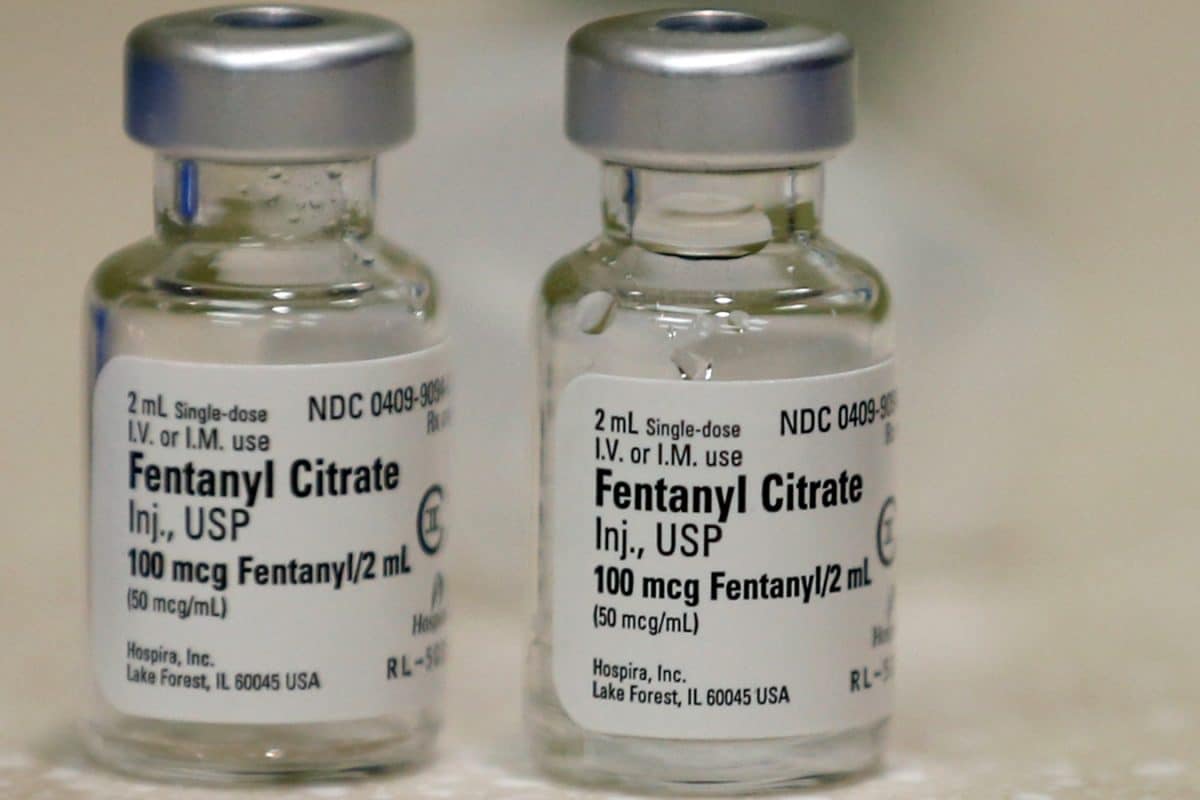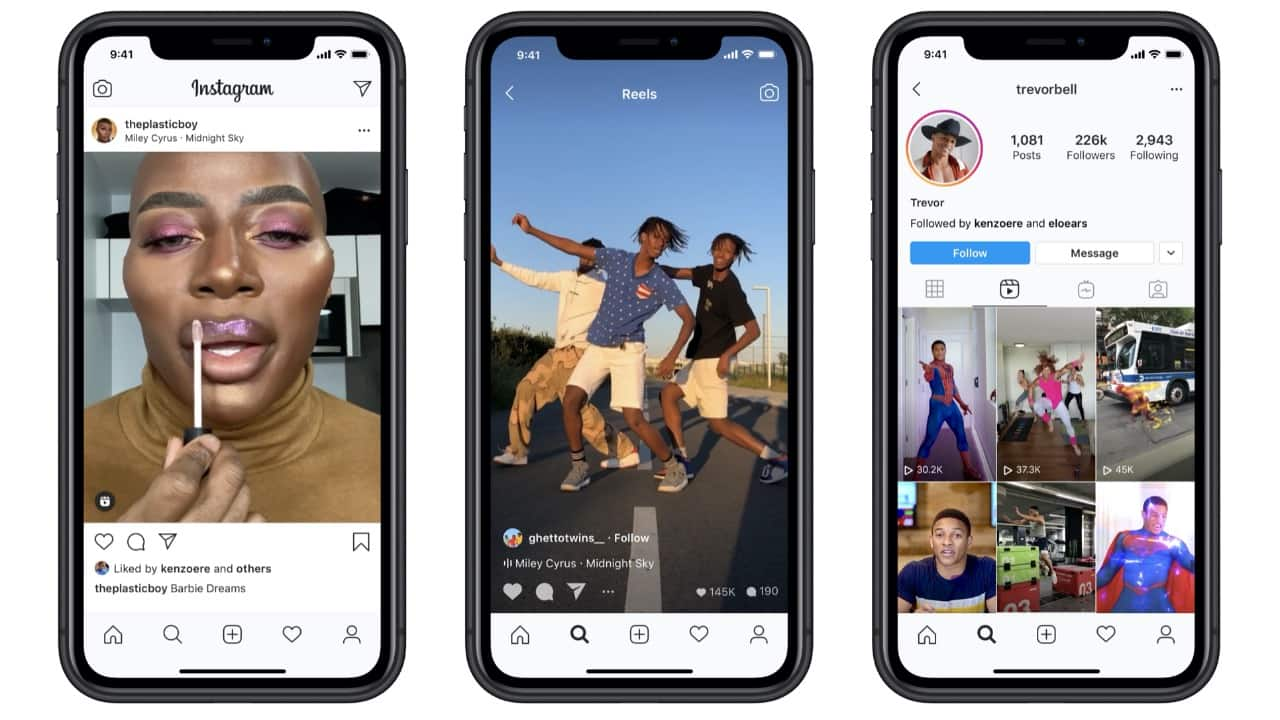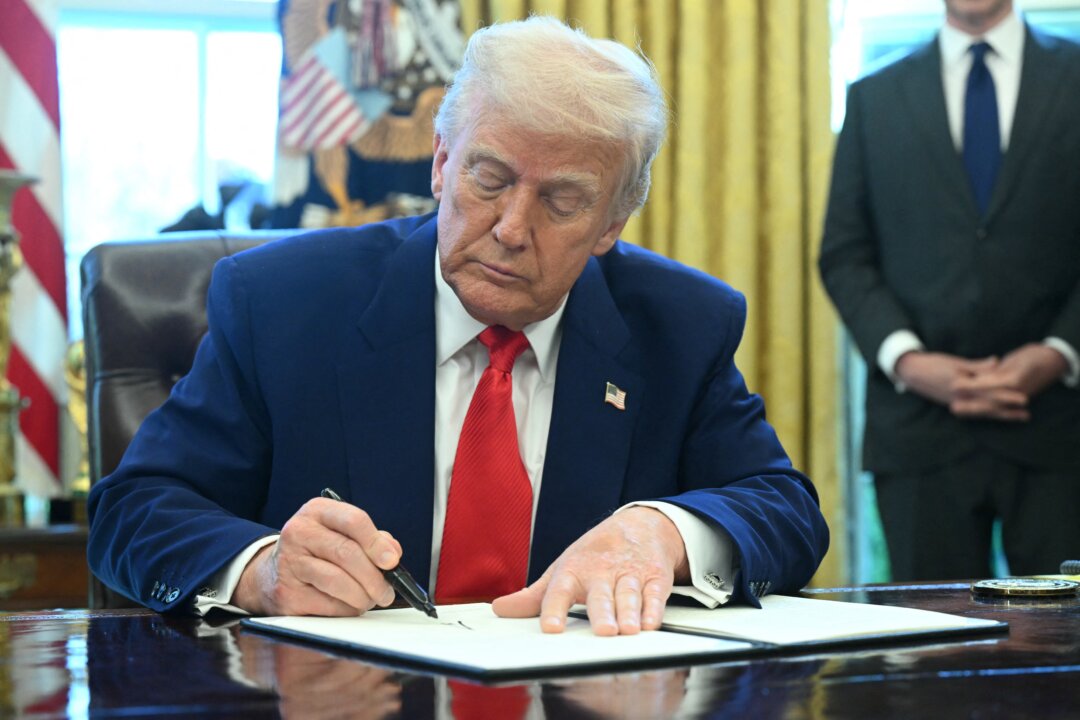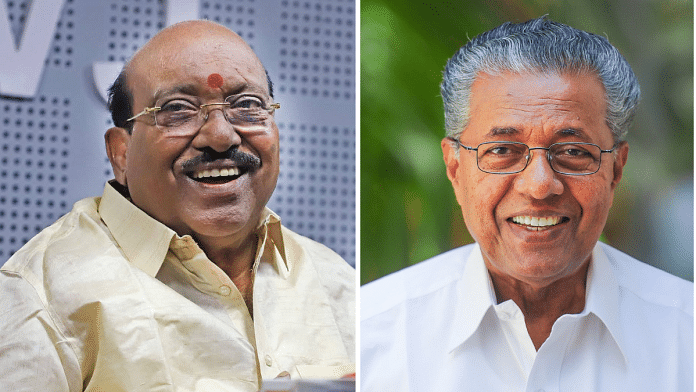Imagine India demanding Dubai prevent every passenger from bringing in smuggled gold. That's the equivalent of the US expecting India to guarantee fentanyl-free shipments. Effective customs requires domestic action, not international blame-shifting In March 2025, President Donald Trump followed through on his promise to impose sweeping changes on three of the United States’ major trading partners: Canada, China, and Mexico.
He cited the “extraordinary threat" posed by fentanyl, a lethal and highly potent synthetic opioid, and the countries’ failure to prevent the flow of illegal fentanyl into the United States. Fentanyl, a powerful synthetic opioid that is 100 times more potent than morphine, is the most common drug involved in overdose deaths in the US, fuelling an opioid crisis that has become a high-priority issue for the Trump administration. According to the 2025 Annual Threat Assessment (ATA) of the US Intelligence Community, published by the Office of the Director of National Intelligence, terrorist and transnational criminal organisations are directly threatening US citizens.

“Cartels are largely responsible for the more than 52,000 US deaths from synthetic opioids in the 12 months ending in October 2024 and helped facilitate the nearly three million illegal migrant arrivals in 2024, straining resources and putting US communities at risk...
. Non-state groups are often enabled, both directly and indirectly, by state actors, such as China and India, as sources of precursors and equipment for drug traffickers," says the report dated 25 March. Unlike last year’s assessment, this time India has been placed on the same level as China in the supply of precursor chemicals used by drug cartels to manufacture the opioid fentanyl.
Fighting the trafficking of opioids has been declared a political priority by the Donald Trump administration. The report names India after China, “the primary source country for illicit fentanyl precursor chemicals and pill pressing equipment." Mexico-based chemical brokers circumvent international controls through mislabelled shipments and the purchase of unregulated dual-use chemicals.
The report also stated that anti-India groups, including Lashkar-e-Tayyiba, are a concern to the US “in part because of their historical links with Al-Qaida." In March 2025, an India-based chemical manufacturing company and three of its senior employees were charged in a federal court in Washington, D.C.
, in a case related to the illegal importation of precursor chemicals used to make illicit fentanyl. Federal agents also arrested two senior employees of a Hyderabad-based company in New York City on 20 March 2025. Although this is the first such report to include India and China together, the history of US concerns about the two countries in the fentanyl precursor chemicals trade, involving Mexican cartels responsible for shipments into the US, goes further back.
A September 2016 US Drug Enforcement Administration (DEA) report had identified China as a source of fentanyl precursors, and an earlier 2013 Department of State report had highlighted China as the main source of trafficked fentanyl into the US. The India link was exposed when India’s Directorate of Revenue Intelligence (DRI) dismantled an illicit fentanyl laboratory in Indore in January 2018, acting on inputs provided by the DEA, followed later that year by the arrest of individuals with links to the Mexican Sinaloa cartel. However, the USA fails to appreciate that both countries have taken several proactive domestic measures to address the illegal manufacture, spillovers from legitimate production into the black market, and export of fentanyl precursor chemicals.
On 1 May 2019, China became the first country to officially control all forms of fentanyl as a class of drugs. India’s first set of export controls on fentanyl precursors was put in place as early as February 2018, and by January 2020, the strictest controls were imposed on the export of most fentanyl precursor chemicals. India and China now have some of the strictest drug control laws globally.
The creation of a US-India Counter-Narcotics Working Group in 2020 to focus on fentanyl and other opioids is a noteworthy bilateral framework between the two nations. Likewise, the US-China Bilateral Drug Intelligence Working Group and the Counter-Narcotics Working Group have been engaging on the issue. The trafficking of synthetic drugs like fentanyl is an upshot of a new global drugs economy where Transnational Criminal Organisations (TCOs) have exploited global shipping networks, trade infrastructure, and technologies such as cryptocurrencies and the “dark net" to create new distribution channels and expand markets.
Both China and India have huge export-oriented pharmaceutical and chemical industrial sectors. Large trade volumes bring with them challenges in monitoring shipments, which can lead to the mislabelling of consignments and the use of third-country transhipments — weaknesses that are exploited to the hilt by TCOs. Another challenge in controlling the illicit trade in synthetics is the synthesising of new fentanyl-like precursors on a regular basis.
These compounds are being created by chemists in various countries by tweaking molecular structures to produce new chemicals that circumvent existing legislation and enable TCOs to stay beyond the reach of the “regulatory curve". In early March 2025, China released a white paper titled Controlling Fentanyl-Related Substances — China’s Contribution . The report highlighted actions taken by China to control illegal production and shipments.
It also alleged that the fentanyl issue was being used as a US strategy to impose higher tariffs on China, alluding to the orders signed by President Donald Trump on 1 February 2025, issuing tariffs against China, Mexico, and Canada due to the continued flow of illicit fentanyl and its precursor chemicals into the US. Every year, 750 million containers are shipped around the globe, but less than two per cent of these are inspected due to the physical impossibility of checking every container. When organised criminal groups traffic fentanyl via merchant ships, they usually use the “rip-on/rip-off" method.
The UNODC describes this as a concealment technique in which a legal shipment is misused to smuggle drugs from the country of origin or the transhipment port to the destination country. The rip-on/rip-off techniques of some “clearers" are so perfected that they can remove 100 kg of cocaine from a container within just three minutes. The container is opened and resealed without the sender or recipient even noticing that their cargo has been misused for the transport of drugs.
It is also worth mentioning that US Customs and Border Protection (CBP) currently scans only 3.7 per cent of the roughly 11 million containers entering the US each year, due to insufficient staff. Only about one per cent of that total, or 104,000 containers, are checked at ports overseas.
Another global rule of thumb is that only one in 10 containers is checked, in order to avoid congestion at ports. This meagre rate of inspections encourages drug traffickers to push in all kinds of illegal drugs, not only into the US market, but also into several other countries. The US cannot keep blaming India, China, and South American countries if it does not have a robust Customs examination system, or if Customs inspections are cursory due to a lack of sufficient personnel.
Applying the US logic that India should ensure shipments entering the US do not carry illegal drugs, India could similarly insist that the governments of Dubai and Singapore ensure no clandestine gold is brought by passengers on flights, or that the Thai government ensures no hybrid ganja is brought by passengers into India. The US cannot outsource its Customs responsibilities to other nations. The fentanyl blame game is likely to become even more acerbic in the days to come and will not cease unless and until the US strengthens its Customs and Border Protection (CBP) and intensifies container checks.
.
Politics

Opinion | Scapegoating India And China Won’t Solve America’s Fentanyl Crisis

Imagine India demanding Dubai prevent every passenger from bringing in smuggled gold. That's the equivalent of the US expecting India to guarantee fentanyl-free shipments. Effective customs requires domestic action, not international blame-shifting















